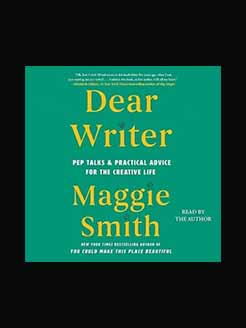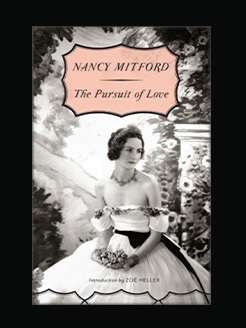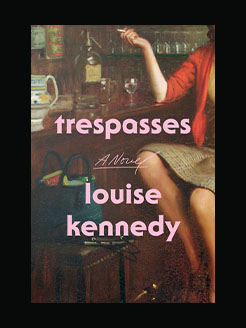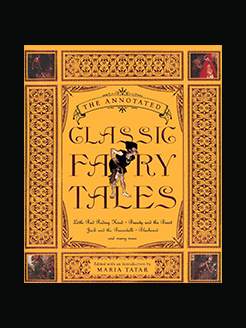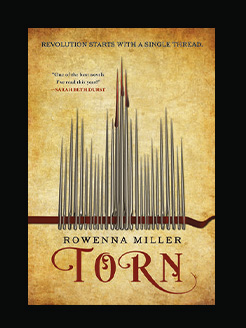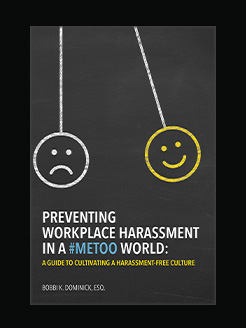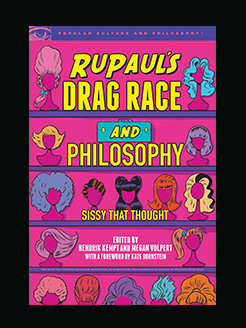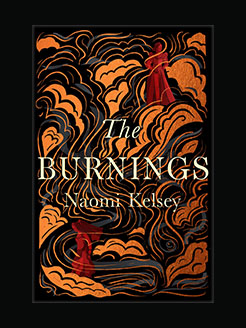Published in 1990
258 pages
Eve Kosofsky Sedgwick was an American academician specializing in literary criticism and feminist analysis; she is known as one of the architects of queer theory. Her works reflect an interest in queer performativity, experimental critical writing, non-Lacanian psychoanalysis, Buddhism and pedagogy, the affective theories of Silvan Tomkins and Melanie Klein, and material culture, especially textiles and texture. Drawing on feminist scholarship and the work of Michel Foucault, Sedgwick uncovered purportedly hidden homoerotic subplots in writers like Charles Dickens, Henry James and Marcel Proust. Sedgwick argued that an understanding of virtually any aspect of modern Western culture would be incomplete or damaged if it failed to incorporate a critical analysis of modern homo/heterosexual definition, coining the terms “antihomophobic” and “homosocial.”
What is this book about?
What is at stake in male homo/heterosexual definition? Through readings of Melville, Nietzsche, Wilde, James and Proust, the author argues that the vexed imperatives to specify straight and gay identities have become central to every important form of knowledge of the 20th century.
